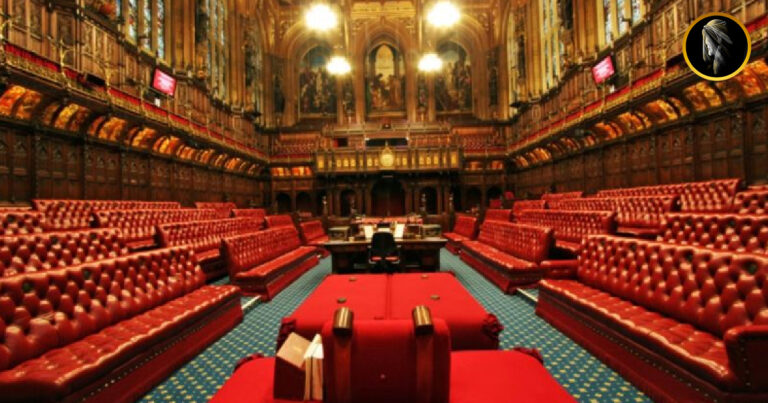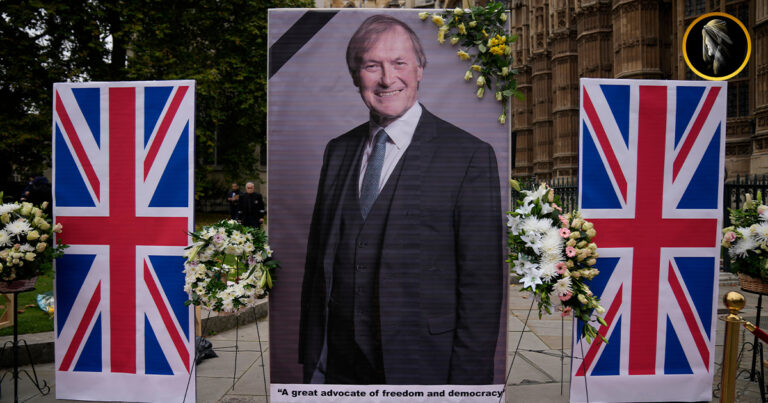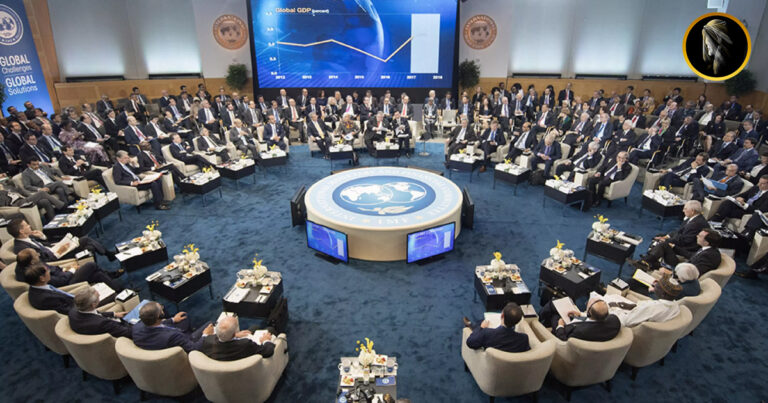On Sunday, President Emmanuel Macron made a significant announcement, declaring that France would recall its ambassador from Niger and subsequently withdraw the French military contingent in the coming months. This move was greeted with approval by Niger’s military leaders, who saw it as a positive step towards asserting their sovereignty. Macron’s decision came on the heels of a coup that transpired in Niger two months prior, resulting in the removal of a pro-Paris president.
During an interview on French television, Macron disclosed the decision to withdraw the ambassador, mentioning that in the next few hours, the ambassador and several diplomats would return to France. However, he did not provide specifics regarding the logistics of this repatriation. Macron further emphasized that military cooperation was effectively terminated, and French troops would be gradually withdrawn over the coming months and weeks, with a complete withdrawal anticipated by the year’s end.
In response to Macron’s announcement, Niger’s military rulers swiftly issued a statement on national television, expressing their delight at this development, which they regarded as a milestone in Niger’s pursuit of sovereignty. These military rulers had assumed power by overthrowing President Mohamed Bazoum on July 26.
Notably, on the same day, the Agency for the Safety of Air Navigation in Africa and Madagascar (ASECNA) reported on its website that the military rulers had imposed a ban on “French aircraft” flying over Niger’s airspace. Whether this ban would impact the ambassador’s departure remained unclear.
Macron clarified in his remarks that France would engage in consultations with the post-coup authorities in the weeks and months ahead, with the aim of achieving a peaceful resolution. He underscored that the new authorities in Niger no longer appeared interested in combating terrorism.
It’s worth noting that Niger has been hosting approximately 1,500 French soldiers as part of an anti-jihadist deployment in the Sahel region. Macron lamented that the post-coup leadership had abandoned the fight against terrorism.
The tensions had escalated previously when Niger’s military leaders had instructed French ambassador Sylvain Itte to leave the country following their ousting of Bazoum in July. However, the French government had resisted complying with a 48-hour ultimatum issued in August. In a recent statement, Macron had expressed concern that the ambassador and his team were effectively being held hostage, facing food shortages.
While the Economic Community of West African States (ECOWAS) had threatened military intervention to reinstate Bazoum, these threats had yet to materialize into action, despite strong support from France. Macron stressed that France was not willing to be hostage to the coup leaders, whom he regarded as destabilizing forces.
Macron expressed deep concern about the security situation in the region, particularly in Mali, where jihadist attacks were resulting in numerous casualties on a daily basis. He reiterated France’s commitment to its responsibilities in the region but emphasized that they were not responsible for the political dynamics in these countries and would act accordingly.








